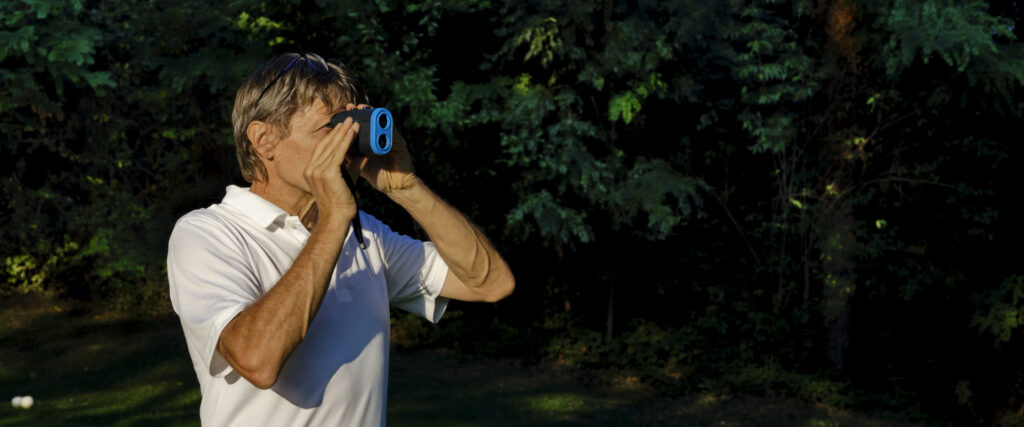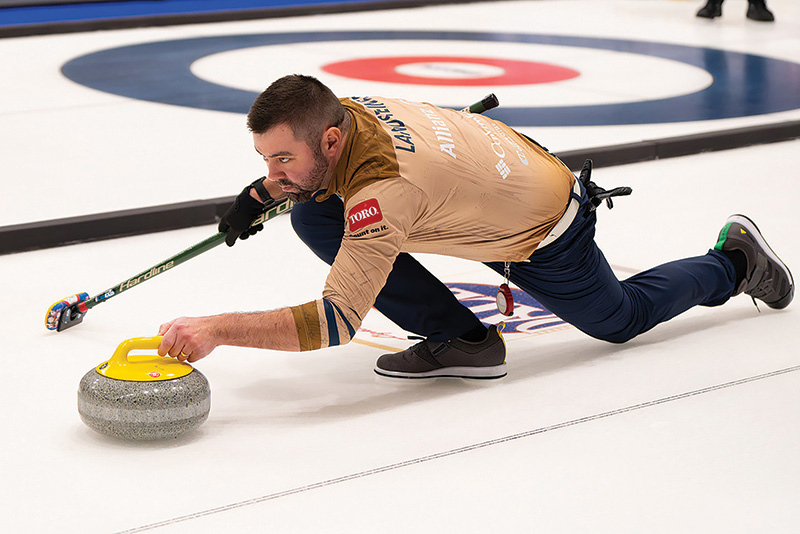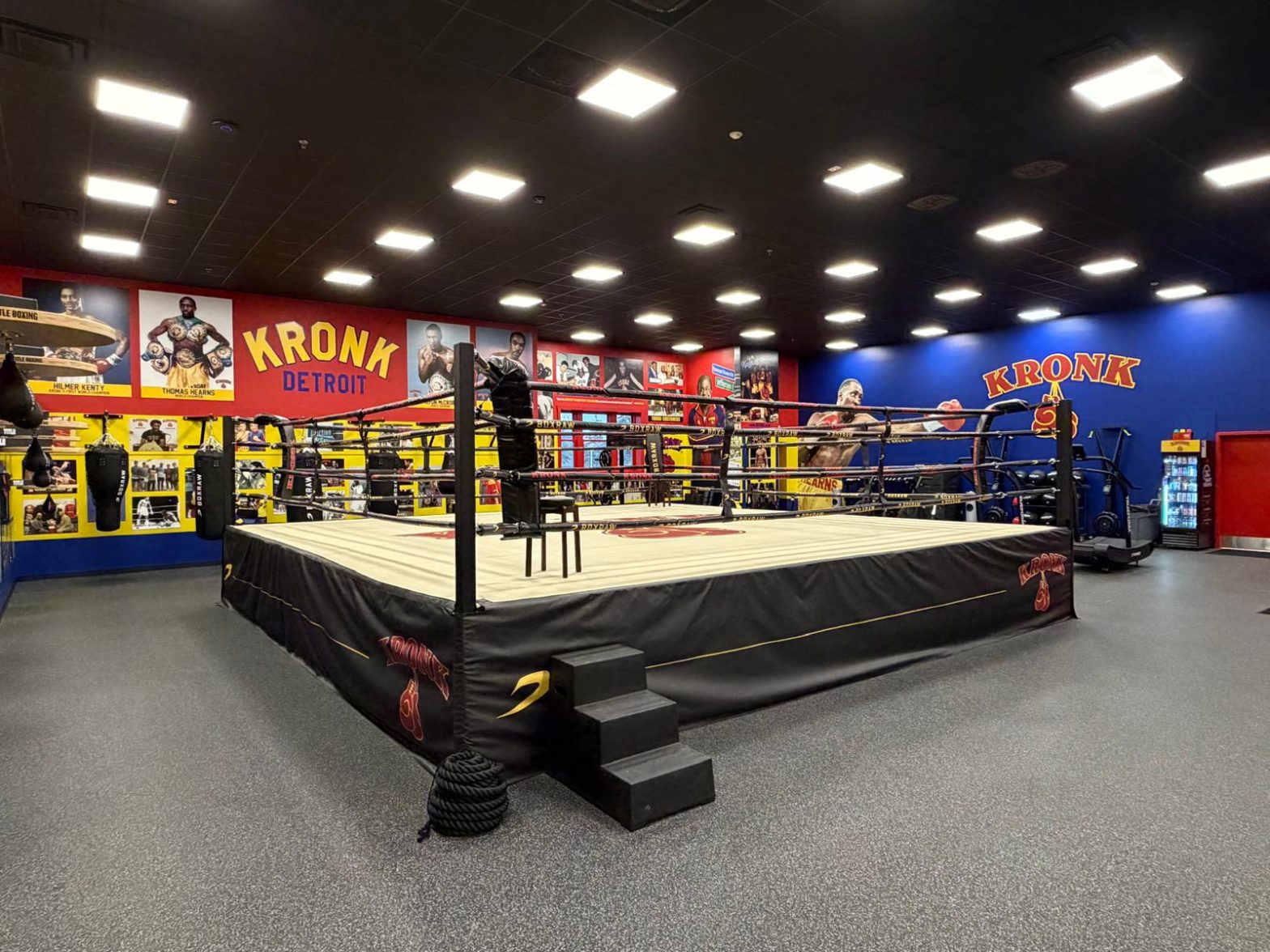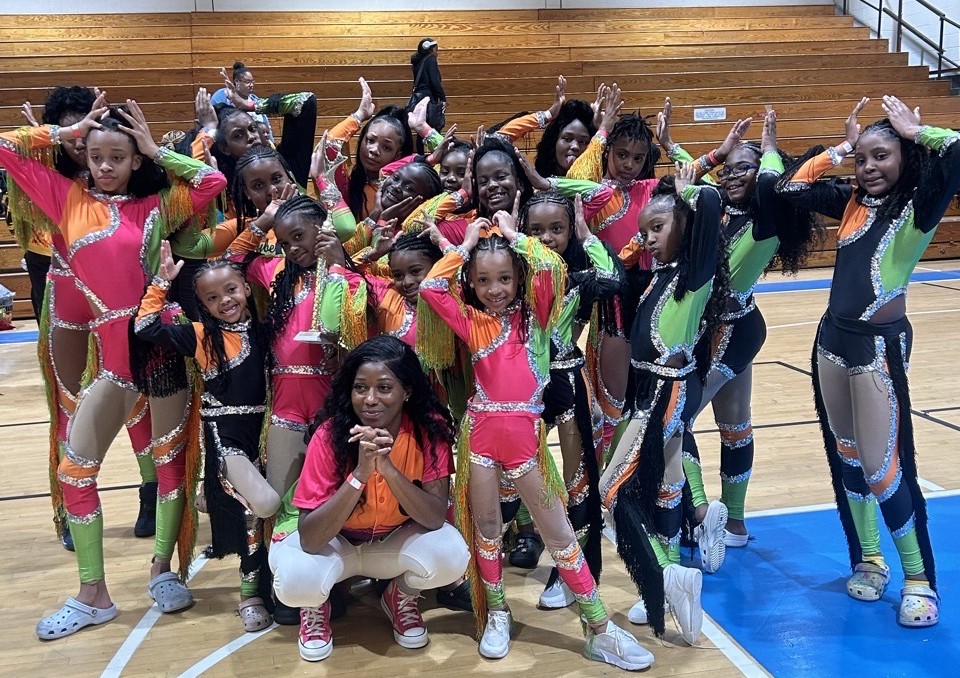
Last week, Thai golfer Natthakritta Vongtaveelap was disqualified during her debut performance at the U.S. Women’s Open championship. The reason for the rookie golfer’s DQ? Her caddie was caught using an electronic rangefinder, the use of which the event has banned.
Vongtaveelap only recently debuted on the U.S. golf scene, mostly playing in the Women’s LPGA circuit. Notably, the LPGA just recently overturned its own ban, now allowing golfers to use rangefinders at any of the association’s sanctioned events and championships.
What appears to have happened is a failure of communication, with Vongtaveelap missing a memo and assuming the rules were the same for both golf associations. In fact, her agent suggested as much in an interview with CNN.
However, this is far from the first time golfers have lost out due to the equipment’s checkered legality among various golf organizations. On July 1, golfer Zach Williams was disqualified while participating in the Korn Ferry Tour (KFT). However, in contrast to Vongteveelap, his confusion stemmed less from inter-organizational inconsistencies but rather from internal inconsistencies. While it doesn’t allow rangefinders at regular tour events including the KFT, the PGA recently allowed them in its championships back in 2021.
However, there are even more granular rangefinder regulations even with that change of rules.
In the very same year that the PGA allowed rangefinder use at its championships, golfer Brett White was disqualified for apparently using them the wrong way. As it turns out, while PGA allowed the use of rangefinders to measure distance, it didn’t allow the use of the device to measure changes in slope. White says he was aware of this regulation, but accidentally had his set to slope mode. Regarding the incident, he tweeted, “On the third tee box during round four, my playing partners noticed my rangefinder clicked on slope mode. I did not notice it was on until after my fourth shot. While it was a complete accident, intent in this situation does not matter and I was DQ’d.”
Admittedly, these incidents may represent an awkward period of growing pains as golf associations warm up to the idea of electronic rangefinders. The real question is whether they provide an unfair advantage for golfers over others who don’t utilize them. Based on earlier comments from PGA president Jim Richerson, it appears rangefinders are becoming ubiquitous, so the question may be moot already.
Regarding the PGA decision to allow rangefinders in championships, Richerson says, “The use of distance-measuring devices is already common within the game and is now a part of the ‘Rules of Golf.’ Players and caddies have long used them during practice rounds to gather relevant yardages.”
Sadly, while officiating golf associations slowly catch up, golfers will have to consciously avoid mixing up the legality of rangefinder use.








